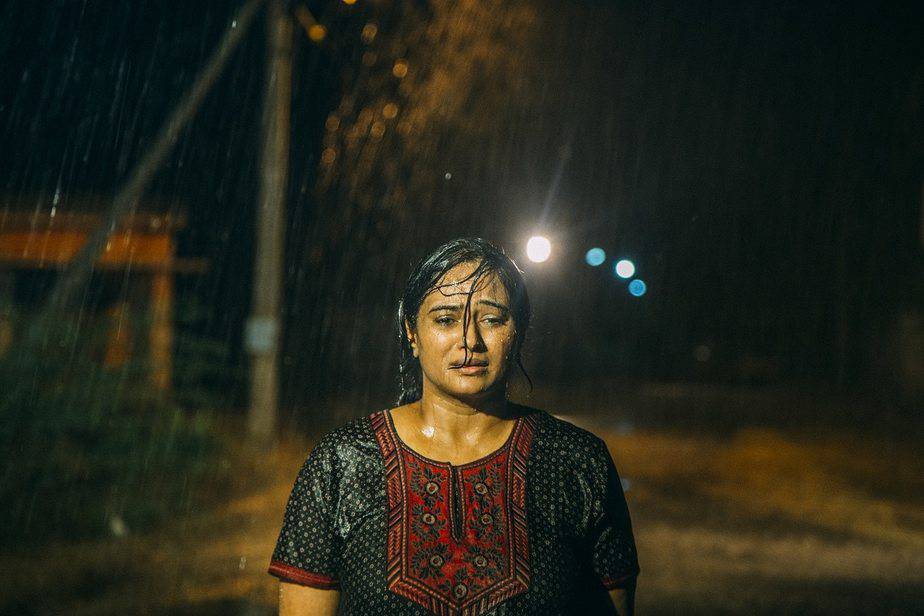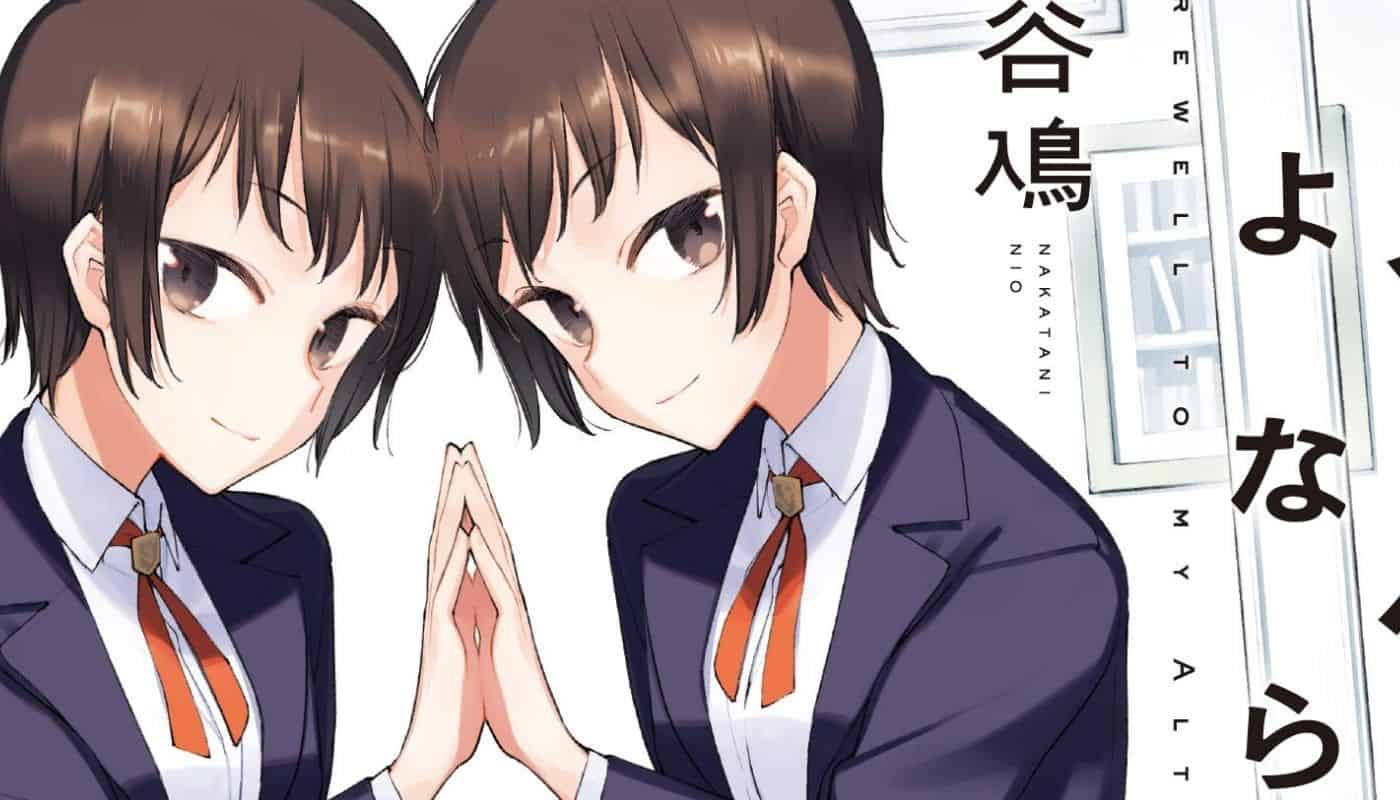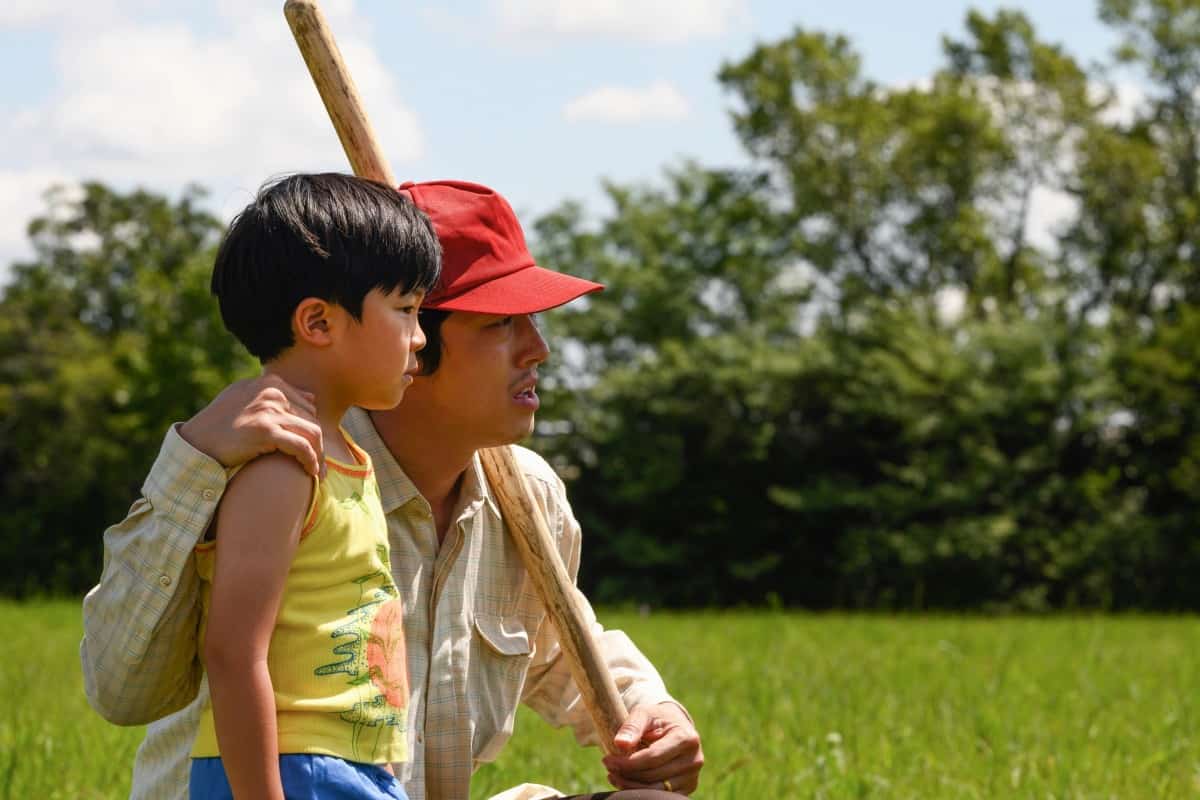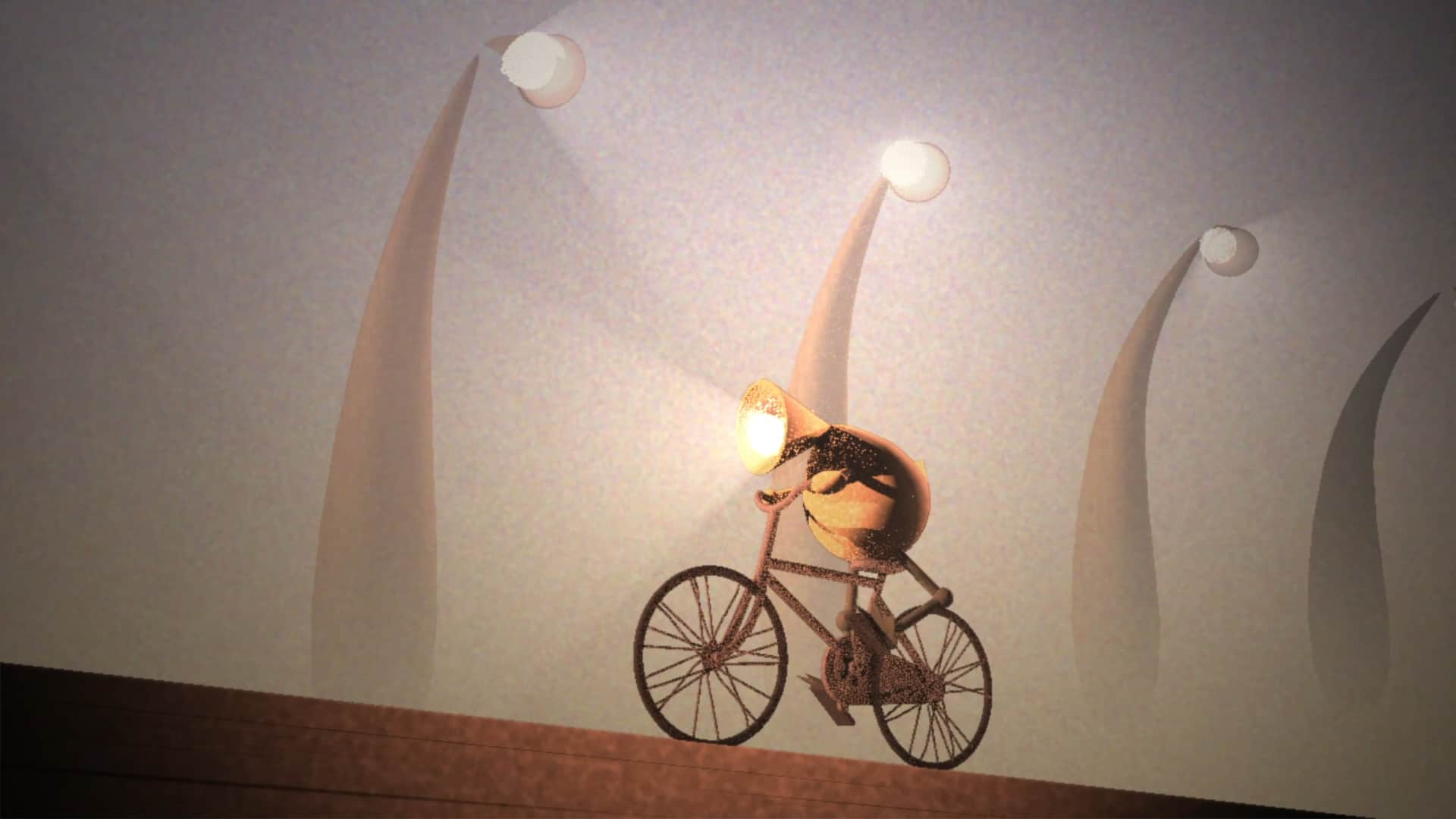Sara Masuda's “cafune” is a short but sweet depiction of grief and reflection of a long life that ends just as a new one begins. Masuda is primarily active as a photographer, ranging from promotional materials to artistic works, having participated in a fair share of art galleries, including the Shibuya Street Gallery for the Shibuya Art Festival. Her work “Where is Deep Breath” was prominently showcased through digital signage in Shibuya. Additionally, she is a proactive director of music videos and short films, with “cafune” being her latest cinematic project.
cafune is screening at Short Shorts Film Festival and Asia

19-year-old university student Maye Sora is moving into her new apartment in Tokyo with the help of some friends. However, she receives a message from her sister, Karin, informing her that their grandfather has passed away, urging her to call their mother. She decides to put off confirming the news, getting confirmation from her mom later that night when she finally calls her. A family reunion follows to mourn and say goodbye to the late family member, while Sora reflects on her childhood memories with her grandpa while settling into early adulthood.
Sara Masuda establishes a clear premise, yet some subtleties give “cafune” more layers. While a story about a family passing, this is also a poetic reflection on life and death itself. It focuses on generational perspectives with a predominant theme of preserving memories with loved ones while possible. Masuda takes a clever approach by framing this primarily from Maye Sora's point of view. She is fresh into adulthood and settling into her newfound independence as a university student in Tokyo. Yet, the news of her grandfather's passing come as a shock, igniting happy childhood memories with him.
There's also how the lead handles grief, with implications that this may be her first exposure to a death in the family. In the opening, the decision not to immediately contact her mom for confirmation could be seen as cold indifference, yet it shows that she's merely letting the news settle. Furthermore, while visiting family to say her goodbyes, despite her mother's encouragement to immediately go home to focus on schooling, Sora decides to remain for the cremation and memorial service. Adding to this is her wish to spend time with her grandmother, who has dementia and is likely to join her husband in death soon. In a very touching scene following the funeral, Sora enters a room and envisions her grandfather sitting there, only to return to reality where the space is filled with storage and trash, to which she finally breaks down in tears. It is here where she is hit with the sadness that a loved one is now gone and never coming back. All that's left now are memories.
While sad, “cafune” is also hopeful. As Sora comes to terms with loss, she aims to preserve those happy memories while moving forward towards her future. All these themes are universal, which adds effectiveness to them.
Notable actors appear here, including Yuka Itaya as the mother and Arata Iura (dawning old age makeup) as the grandfather. However, Himena Irei is the one who shines as Maye Sora. She does a fantastic job and captures a raw portrayal of a young adult coming into their own while grieving the loss of a loved one.
Sara Masuda's previously established gift for striking imagery is everso apparent here. “cafune” is a beautifully shot short with lovely compositions and lighting, occasionally using dreamy lighting for Sora's memories. The music score is also quite nice.
Sara Masuda sets out to move viewers with “cafune” and successfully does so. In just 15 minutes, a touching story of grief and reflection is told, further heightened by good acting and cinematography. Furthermore, the audience can surely stand by its message of preserving good memories.













